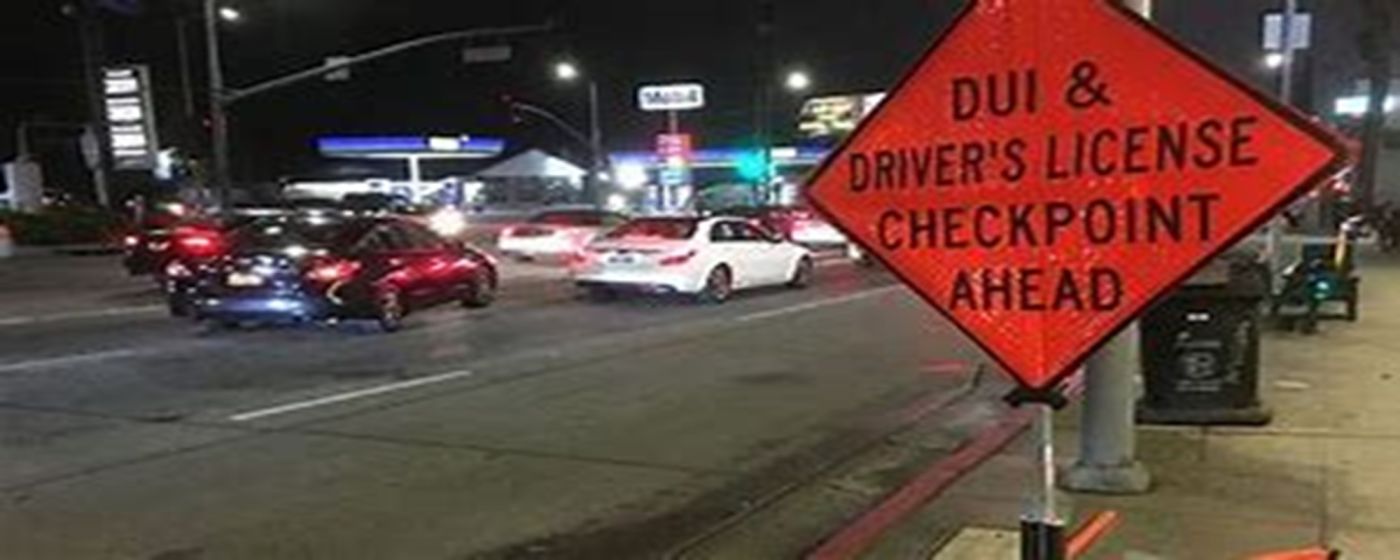
Are DUI checkpoints legal?
DUI Attorney in Kane County, Illinois
States for the last several decades consistently return to the issue of drunk driving and how best of curb the otherwise deadly combination of alcohol and car keys. For some of those years, States have been utilizing DUI checkpoints in order to remove potential drivers from the public roadways prior to potential accidents occurring. While the checkpoints have been effective in their established goal, they also act as a deterrent for drivers. With that being said, local law enforcement cannot establish one simply out of the blue - there are strict guidelines they need to follow in order for them to be legal.
History of DUI Checkpoints
In 1990, a pivotal case concerning DUI checkpoints had worked its way up to the Supreme Court in order to determine the legality of DUI Checkpoints. In Michigan Dept. of State Police v. Sitz, 496 U.S. 444, the Court was asked to determine the legality of sobriety checkpoints. The Defendant in said case argued that such checkpoints were inherently a violation of individual's 4th amendment protections against unreasonable searches and seizures due to the fact that police were effectively investigating drivers without any reasonable articulable suspicion of criminal activity.
The Court, in a 6-3 ruling, determined that due to the fact that drivers on public roadways already accept certain other responsibilities when they get behind the wheel of a vehicle, sobriety checkpoints are therefore merely an extension of those responsibilities. As a consequence, sobriety checkpoints were determined to not be in violation of a person's right to be protected against unreasonable searches and seizures. That being said, the Court left up to the individual states how best to legally effectuate such checkpoints based upon their individual State constitutions.
Since then, 12 States in our Union have barred local law enforcement from using sobriety checkpoints - Illinois, sadly, was not one of those States.
While sobriety checkpoints are legal in Illinois, the police do not have free reign to organize them at their discretion. The Illinois Department of Transportation has issued guidelines for local law enforcement to follow if they wish to establish a sobriety checkpoint, which are:
(1) The checkpoint must be announced ahead of time, by some kind of press release or media publication;
(2) The checkpoint must have operational plans in place for which vehicles will be stopped at a checkpoint - meaning that every driver that passes through a checkpoint cannot every single driver. Rather, they must have in place some an arbitrary manner in which vehicles will be stop (for instance, every third vehicle will be instructed to pull over to the inspection area).
(3) The checkpoint must be conducted within a reasonable time constraint, meaning that the stop cannot go on indefinitely. The Police must work quickly and effectively.
Can you avoid DUI checkpoints?
The answer, as always, is that it depends. The most obvious means of avoiding DUI checkpoints is to be previously aware of the checkpoints location based upon the previously mentioned publication made announcing the checkpoint.
But lets say you aren't aware of the publication, but notice in the distance a few miles up that a checkpoint is occurring, can you attempt to avoid the checkpoint once you see it in the distance? Yes.
If you are able to perform a legal driving maneuver, such as making a legal left/right hand turn down a side street, then you can avoid a sobriety checkpoint. However, if the maneuver you have to complete involves what would normally constitute a traffic violation, the police can (and will) pull you over.
What to do when going through a DUI checkpoint?
If possible, try to have your license and insurance readily available to hand over to the Police if you are selected for an additional follow up. Once you have parked your car, the interaction with police becomes no different than if you were involved in a simple traffic stop. The police will ask for your information, and ask you some additional questions such as where you're headed and where you're going to.
Clients have asked whether they have to respond to such questions, my advice is always to try to find a balance between cordial and tight lipped. Refusing to answer any questions will only lead to the experience devolving into chaos, speak too much and the officer may internalize your chattiness as nervousness. Answer the question that's presented, save the conversation for the spouse.
The officer may ask you to exit your vehicle to perform field sobriety tests based upon their observations. While you do not have to perform said tests, nor would I encourage you to, refusal to perform field sobriety tests when asked can lead to ramifications for your license.
Contact Joseph S. Angelillo Today!
While DUI checkpoints are legal in Illinois, the police do not have carte blanche to perform them whenever and however they would like. The ILDOT has set aside rules and guidelines that the police must follow when performing them, additionally, stops and investigations have an additional layer of scrutiny when examining what the officer did during said stop, and whether or not they followed department directives.
If you've been charged with a DUI as a consequence of a DUI checkpoint, contact me today for a free consultation.
